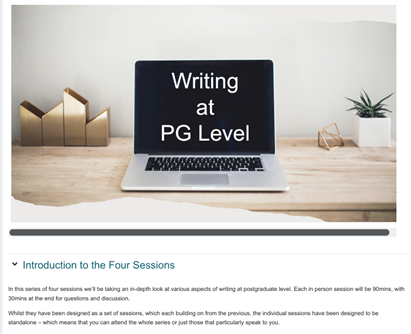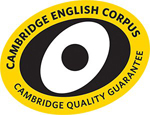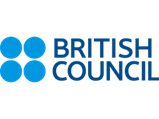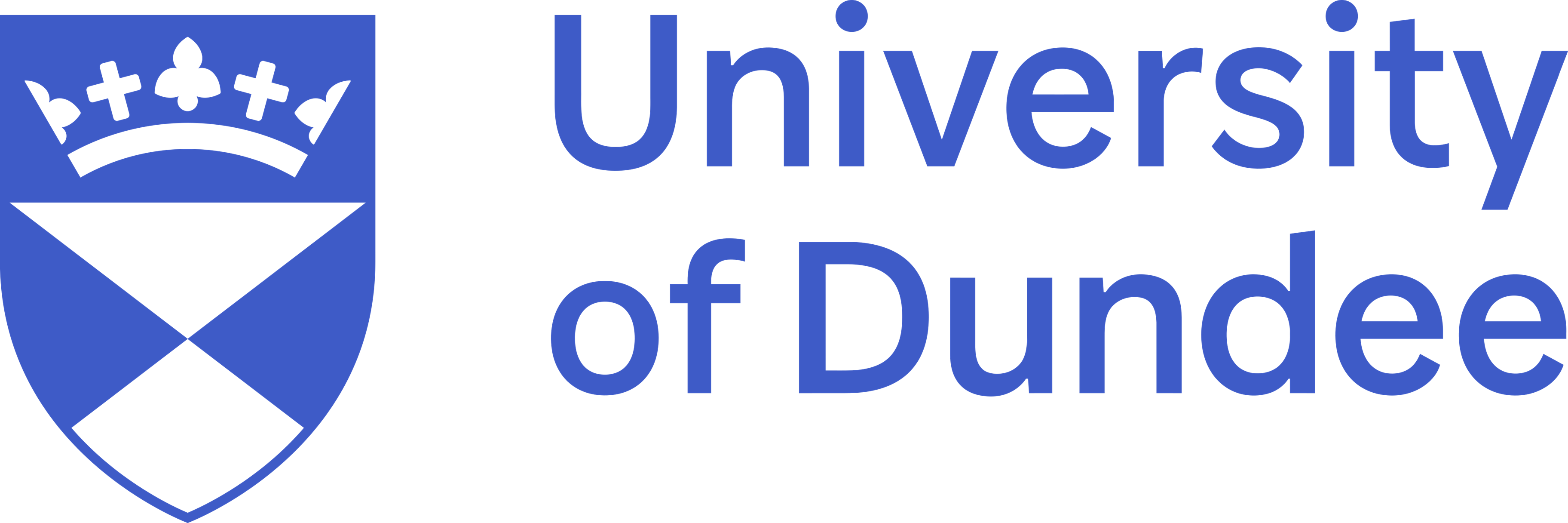
Researcher Development (CCTL)
In 2013 the Language Centre teamed up with Researcher Development to design and deliver a series of workshops whose aim was to help students improve the clarity of their editing, writing and even thinking by focusing on the mechanics of language. These were then rolled out in 2014 in two sets of ten weekly 3-hour workshops, with each workshop focusing on a particular aspect. These included Conceptual Foundation Knowledge: The Four Pillars of English; Old Information before New Information; Simplicity First, Complexity Last; Nominalisations; Hedging; and Creating Old before New: the Passive Voice.
The workshops were extremely popular – with one student commenting:
It's revolutionised how I write. Also, I feel much more confident about my ability to write a clear, convincing, and stylish dissertation. NB you could substitute lecture, article, book, research proposal, grant application, email, student essay feedback, etc for 'dissertation' in that last sentence. I learned an excellent array of clear and effective techniques that I can apply easily and simply to my own writing, and anyone else's! These techniques also help me to 'untangle' others' writing so I can understand what I read more clearly.

In 2021 these sessions developed into a Writing Masterclass – which is made up of four 2hr sessions held every February and July. The sessions focus on the following:
- Why writing at PG level is hard
- The University’s criterion of clearly written
- Reader Empathy
- The True Secret to Clarity – Multi-level Editing
Students can sign up for these sessions on the Researcher Development website and there is a Moodle sit for the sessions where students can access the slidedecks, watch recordings of materials, as well as access a range of writing support materials:


In November 2023, ADTIS contributed two sessions to Research Development’s Academic Writing Month:
- Why writing at PG level is hard (and what you can do to make it a bit easier)
Writing at postgraduate level isn’t simply about, well, writing – it’s a complex cognitive activity which involves you juggling a whole host of balls at once. But one of the main reasons it’s hard is that at postgraduate level you’re basically creating knowledge, which is no mean feat. Even seasoned academics find it challenging – they have just developed a range of strategies and coping mechanisms to make it that bit more manageable.
So, in this first of two sessions, we’ll first start by taking a small step back, just to consider why it’s hard – before taking a look at a couple of things that experience has shown me it is helpful to focus on right from the start so as to make the whole process that bit easier: firstly, the fact that English is a writer-responsible language (and we’ll be looking at what this is, why it’s important (especially if English isn’t your first language), and what this means for written communication in English); and secondly, and in some ways stemming from the first point, the importance of structure – at all levels and in all things.

- Editing your Drafts for Clarity and with Empathy for your Reader
So, you’ve got a first draft (of a section, of a chapter, of the whole thesis…) – what now? Well, unlike at undergraduate level where you can pull an all-nighter to write an essay, this doesn’t tend to lend itself as an approach at postgraduate level – one of the reasons being that texts tend to be much longer. But the far more significant reason is that at postgraduate level editing plays a far greater role in the research and writing process than at undergraduate level. For example, the average Cambridge academic goes through a 10-15 edit cycle when writing a paper for publication. So, whilst writing is important, editing is more important – although the number of edit cycles does differ across the disciplines (for reasons I’ll go into in the session itself).
So, in this second session, we’ll start by looking at what to focus on when editing, before exploring one of the main reasons why we do this – namely, to show empathy for our intended reader. The story of our text doesn’t end when we click submit or upload – how successful our text is depends on how it is accessed by our reader(s). And so, in the final stages before clicking submit/upload, we, the writer, need to interrogate our writing as a reader – with our intended readers in mind. And to conclude we’ll look at some linguistic tools (largely related to the fact that English is a writer-responsible language, as discussed in the first session) that you can employ when your writing is starting to get a little unwieldy: so, Characters & Actions; Old before New; Simplicity First, Complexity Last; Passive; and Nominalisations.
Check out the Researcher Development website for details as to how to sign up.
Cambridge University Press & Assessments
UCLC Learner Corpus

For several years now the Language Centre and the Corpus Team at Cambridge University Press have been collaborating in the development of a University of Cambridge Language Centre Learner Corpus. The corpus includes discipline-specific academic research papers and essays as well as academic presentations by international graduates at the University. Much of the material comes from students attending the intensive five-week Pre-Sessional Programme, where they are expected to research and write three research papers (1000, 2000, and 4000 words) and deliver three presentations (5, 10 and 20 minutes) in their research area. However, we are looking to compile more written work from students on the In-Sessional Support Programme as well.
The UCLC Learner Corpus forms part of CUP’s Cambridge English Corpus and as such is used to inform CUP publications. It is also used in-house in the Language Centre to corpus-inform both our own teaching materials as well as our expanding range of Online Learning Objects (Raven).
For more details of the Cambridge English Corpus, please see CUPA’s website.
English for Academic Purposes Coursebooks
The Language Centre also collaborated with CUP in their development of their three-level set of integrated skills course books on Academic English that were published in 2012.
In the suite of books, students' analytical skills are challenged with an increased range of authentic written and spoken academic texts. From essay organisation, taking notes, group discussion to writing references and paraphrasing texts, the students are presented with a wealth of practice opportunities to enhance all academic skills at this level. The course further develops independent learning skills and critical thinking through 'Study tips' sections and allows for personalisation of learning in the 'Focus on your subject' sections. Lecture and seminar skills units provide authentic practice in listening to lectures and participating in seminars.
The Language Centre’s role was primarily advisory, with Dr Karen Ottewell acting as a main reviewer of the course books, but the LC was also instrumental in setting up several of the lectures included in the three course books and many of the students vox pops were provided by graduates on the Pre-Sessional Programme.
For more details about Cambridge Academic English, please see CUPA’s website.
Tsinghua University
The Language Centre’s links with Tsinghua University in Beijing go back to 2003 when, together with The Open University, the online module Chinese University Teachers Training in English was developed.
From left to right: Professor Lu Zhongshe, Dr Christoph Zähner, Jocelyn Wyburd, Professor Zhang Wenxia, Dr Karen Ottewell, Professor Zhang Weiman
The aim of the collaboration was to support the Chinese teachers of English at Tsinghua and other Chinese universities in their teaching of Chinese academics at their own universities who needed to teach through the medium of English.
Some 10 years on Tsinghua and the Language Centre are collaborating again, this time, though, in two areas that have also become central to ADTIS’ provision: admissions testing and the cultural impact on writing. In March 2013, Jocelyn Wyburd, Dr Christoph Zähner and Dr Karen Ottewell went to Tsinghua to discuss these and other matters with Professor Lu Zhongshe and her team in the Department of Foreign Languages.
Tsinghua English Proficiency Test
As here at Cambridge, Tsinghua also has its own internal assessment instruments for assessment academic English language competency. Given the shared interests in this area, the Language Centre and Tsinghua are now collaborating on the development of the Tsinghua English Proficiency Test, whilst at the same time both universities are profiting from the insights that the other institution can give – in particular with respect to the cultural influence on Chinese students’ academic writing in English.
Research into cultural influences on Academic Writing together with Hong Kong Polytechnic University
Whilst currently at the embryonic stage, the Language Centre will be joining to a collaborative research project initially instigated by Professor Lu Zhongzhe at Tsinghua University and Dr Lan Li, Associate Professor in the Department of English at Hong Kong Polytechnic University. Using a corpus-informed approach, the aim of the research will be to explore the ‘cultural impact’ on Chinese students writing in English at higher education institutions in China, Hong Kong and the UK. It is hoped that the research will provide a solid foundation from which to inform the development of academic English support and development for Chinese students at university-level institutions at home and abroad.
The initial findings will be presented at a conference at Tsinghua in October 2015. More details to follow.

English Language Tests for Higher Education Admissions Purposes
ADTIS is collaborating in this joint research project together with the British Council, Cambridge University Press & Assessment, and the University of Dundee.
The limited availability of in-centre testing during the pandemic led to a broader range of English language tests being used by Higher Education (HE) Institutions around the world, to inform their admissions decisions. While this provides enhanced choice and accessibility for students, concerns have been raised about the range in English language levels of incoming international students, calling into question the suitability of some of these tests for their intended purposes.
The aims of the research are:
- Understand which tests are currently being employed by HE Institutions to evaluate how this has changed over the past four years.
- Assess the sentiment around these tests and the consequences of using a wider range of tests for HE admissions.
- Understand the extent of the concerns regarding the use of certain tests, and how resulting English levels are affecting international student integration in class and in the community.
- Enhance assessment literacy and understanding of appropriate tests for informing admissions decisions.
- Provide a broad base of materials to support decision-makers when deciding which tests to accept and at what levels.
- Demonstrate the importance and value of choosing appropriate English language tests to inform admissions decision-making.
Further details will be published in due course.

Consultancy
As the University Language Centre, we act as an internal consultant for the University in matters concerning language and academic communication skills for international students. In this vein, we work closely with the Postgraduate Admissions Office, Cambridge Admissions Office, the International Student Team, and the Institute of Continuing Education in matters of admissions testing, and with all Departments and Colleges in matters relating to the development of academic literacy.
Whilst not one of our main areas of operation, we do provide external consultancy services; primarily, however, at the request of other Departments in the University, which are engaged in overseas research collaborations.


 The Language Centre
The Language Centre





